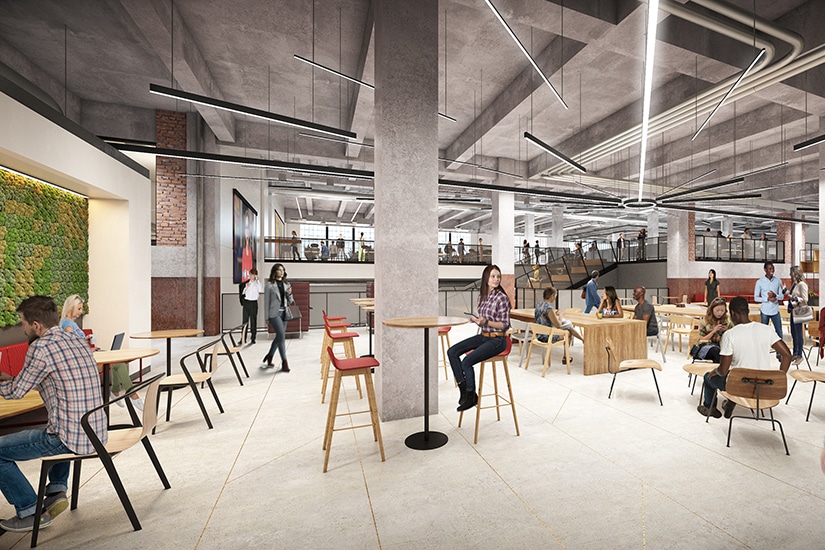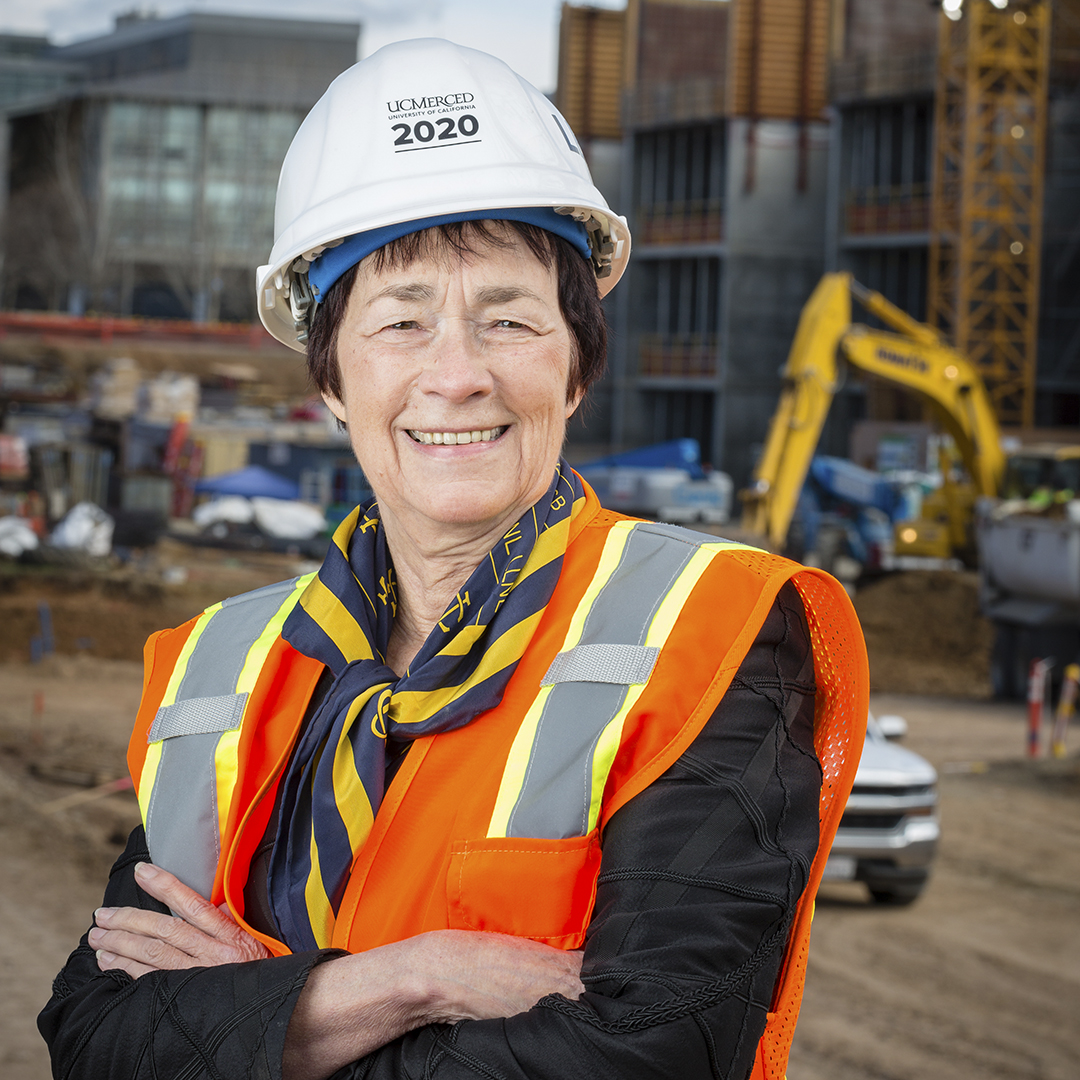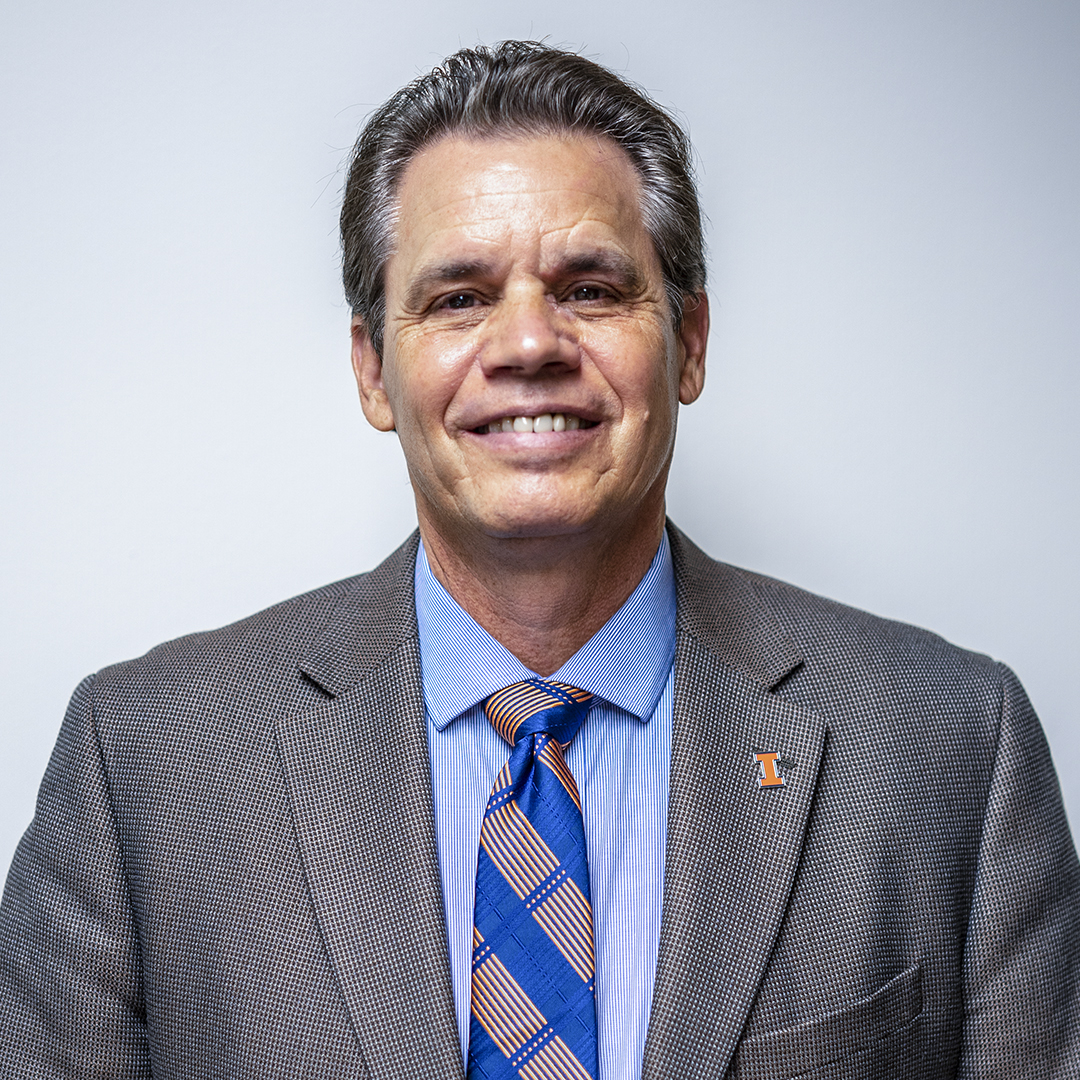|
Getting your Trinity Audio player ready...
|
It’s the end of a long day at the office, and you have a headache. You remember you ran out of hand soap this morning and the thought of peanut M&Ms is enough to make your stomach growl. The signature red cursive of the word “Walgreens” flashes in your mind, and you decide to make a pit stop for some Excedrin, soap, and of course a crunchy snack for the commute home.
It’s so great to have a trusted, convenient location for everything you need, from healthcare and wellness to household items, and with more than 9,000 locations around the country you can always pull in at a Walgreens retail pharmacy. The company is not only committed to providing its customers with the things they need but also strives to protect the planet we all live on.
Amanda Quinton, Walgreen’s senior director of workplace solutions, explains that the concept of corporate social responsibility (CSR) is especially meaningful to the organization. Quinton and her team, along with a dedicated CSR person, have spearheaded several initiatives within the company’s Deerfield, Illinois, headquarters by implementing sustainable “new ways of working,” both inside and outside the building.

Waste Not, Want Not
One of the most basic aspects of Quinton’s program is closely tied to the recent transition to an open space environment, doing away with the traditional cubes and offices layout. Individual waste bins have also been eliminated, replaced by a central waste and recycling area that prompts people to leave their desks and be conscious of the way they dispose.
“I think it allows people the opportunity to make better decisions around whether something should be put into recycling versus waste,” the workplace solutions director explains. “Unfortunately, when you have that waste can at your desk, you tend to put everything into it.”
As part of its waste and recycling program, the company has also begun to compost within its cafeterias. Quinton notes that her team is coordinating with the food service vendors to ensure all products and materials they’re providing with the food is compostable.
Walgreens has been able to divert an impressive 93 percent of waste from its distribution facilities around the country from going into landfill, thanks to its robust zero waste to landfill program. “Being a part of the Walgreens community that supports these initiatives is really important to me,” Quinton says. “We hope we have people join our teams who have a vested interest in these programs because it’s another way in which we help protect the environment and support the communities that we’re in every single day.”
All of these initiatives are part of Walgreens’ CSR commitments to improving healthcare access, being a responsible neighbor, doing business with integrity, and treating people with dignity and respect.
The Buzz Around Pollination
The senior director’s favorite initiative is one she was most apprehensive about when the idea was first shared with her: an urban beehive.
“Our CSR group scheduled a meeting and kept it very cryptic around the subject,” she remembers. “I found out they did so because they wanted me to sponsor an urban beehive, and were worried my reaction would be, ‘I don’t know anything about this—how will I be able to help?’”
She quickly warmed to the idea when the program was fully outlined to her and, within a couple of months, the first urban beehive was installed. Located on top of one of the central buildings, the beehive allows thousands of worker bees to pollinate the local environment and will eventually be used to harvest honey for on-campus distribution.
Quinton’s team and its CSR partners are organizing informational sessions to educate team members on the importance of the beehive. “It gives them a different understanding of how we can contribute to sustainability, outside of recycling and composting,” she explains. “It’s such a tangible thing—you can see the bees, hear the bees, and to be able to have that interaction gets people excited about how they can champion our environment.”
The corporate headquarters is also in process of transforming a formerly unused and unkempt space into a courtyard garden area for employees to relax, collaborate together, and enjoy a firsthand glimpse of another set of pollinators—monarch butterflies, who thrive by consuming milkweed that’s grown in the garden, which in turn provides pollen for the bees and other insects.
The inspiration for this idea, Quinton says, is founder Charles Walgreen’s wife, Myrtle, who had an affinity for gardening. Surrounded by a variety of small trees, shrubbery, perennials and of course, milkweed, the courtyard is intended to not only be pleasing aesthetically but also offer yet another perspective on sustainability.
A Cultural Metamorphosis
Quinton herself has experienced a journey of transformation in terms of her career. She came into the property division with an 18-year background in IT, having no experience in her new field. This perspective allowed her to ask all the questions others might be afraid to ask and ultimately helped her succeed.
“Entering a role without any preconceived notions about anything and asking tough questions allowed me to engage in a different way,” she says.

From there, Quinton moved into corporate disaster recovery before ultimately settling into the position of workplace solutions senior director. While many people consider her team’s work as being tied mostly to physical renovations across the campus, she emphasizes that it’s also largely contributed to a cultural transformation. Beyond the sustainability programs, Quinton’s team has rolled out new amenities such as state-of-the-art mother’s rooms, wellness rooms, and streamlined support to help employees find what they need on campus.
Through these efforts, Quinton and her team recognize that the ability to serve customers begins by satisfying the employees and helping them be more conscious of the new ways in which they can work.
“We continue to stay relevant as an employer so we can attract and retain the right talent,” Quinton says. “We want the best and brightest because we believe we have an important mission to support our patients, customers, and the people in our communities.”
A Mission to Connect
As Told by Amanda Quinton
“A reason I worked in disaster recovery was because I wanted to try something new and engage with people differently, and I did so by leading both recovery on the property side and business continuity as a whole for the organization. When Hurricanes Irma, Maria, and Harvey all hit back-to-back in 2017, we had thousands of stores impacted, the majority in Puerto Rico and the US Virgin Islands. We spent about 12 weeks locked away in a disaster recovery center where we worked countless hours to provide food, supplies, and medications to those areas and to rebuild as quickly as possible because we understood that communities were relying on those stores for medications and groceries. It was one of my biggest challenges ever, but it was also highly rewarding to see the impact we could have on an entire community. It connects you to humanity as a whole.”
Newmark Knight Frank is one of the world’s leading and most trusted commercial real estate advisory firms, offering owners and occupiers a complete suite of global corporate services including property management, valuation and advisory, real estate management technology systems, workplace and occupancy strategy, consulting, project management, lease administration, facilities management, and more. Visit www.ngkf.com for more information.


